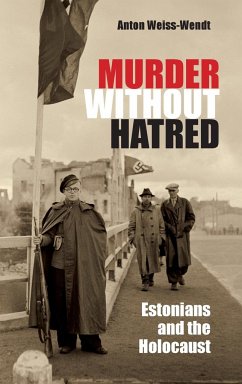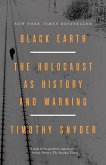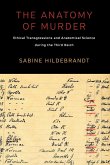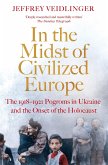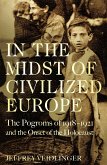In this detailed study of Estonians' role in the Holocaust, Anton Weiss-Wendt casts light on a largely unexplored subject. A country known for its benevolent treatment of ethnic minorities, Estonia had a small number of indigenous Jews, and anti-Semitism existed on a relatively limited scale. However, many ethnic Estonians, acting as auxiliary security forces under the guidance of the German security police, participated in the murder of several thousands of Estonian, Czech, and German Jews. Weiss-Wendt investigates these acts of genocide by posing the simple question: what prompted the Estonians to cooperate with the Nazis? He argues that the actions were voluntary but that the reasons varied. Narrating the history of Estonia's involvement, Weiss-Wendt presents lucid explanations regarding the relationships between nation building, mass violence, and the brutal effects of authoritarian oppression on occupied states. The first book-length exploration of this aspect of the Holocaust, Murder Without Hatred: Estonians and the Holocaust enriches our knowledge of ethnic violence and reinvigorates current debates over the roots and operation of the Holocaust.

